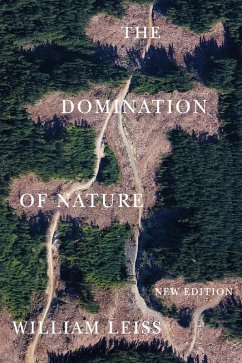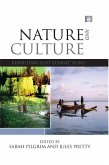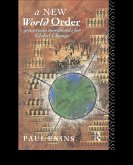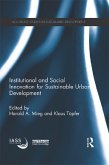Concern over ecological and environmental problems grows daily, and many believe we're at a critical tipping point. Scientists, social thinkers, public officials, and the public recognize that failure to understand the destructive impact of industrial society and advanced technologies on the delicate balance of organic life in the global ecosystem will result in devastating problems for future generations. In The Domination of Nature William Leiss argues that this global predicament must be understood in terms of deeply rooted attitudes towards nature. He traces the origins, development, and social consequences of an idea whose imprint is everywhere in modern thought: the idea of the domination of nature. In part 1 Leiss traces the idea of the domination of nature from the Renaissance to the nineteenth century. Francis Bacon's seminal work provides the pivotal point for this discussion, and through an original interpretation of Bacon's thought, Leiss shows how momentous ambiguities in the idea were incorporated into modern thought. By the beginning of the twentieth century the concept had become firmly identified with scientific and technological progress. This fact defines the task of part 2. Using important contributions by European sociologists and philosophers, Leiss critically analyzes the role of science and technology in the modern world. In the concluding chapter he puts the idea of mastery over nature into historical perspective and explores a new approach, based on the possibilities of the liberation of nature.Originally published in 1972, The Domination of Nature was part of the first wave of widespread interest in environmental issues. In a new preface Leiss explores the concept of eco-dominion and the moral obligations of human citizens of the twenty-first century.
Dieser Download kann aus rechtlichen Gründen nur mit Rechnungsadresse in A, B, BG, CY, CZ, D, DK, EW, E, FIN, F, GR, HR, H, IRL, I, LT, L, LR, M, NL, PL, P, R, S, SLO, SK ausgeliefert werden.









